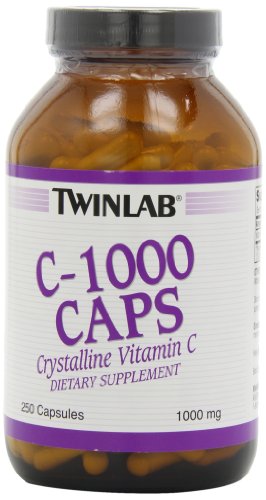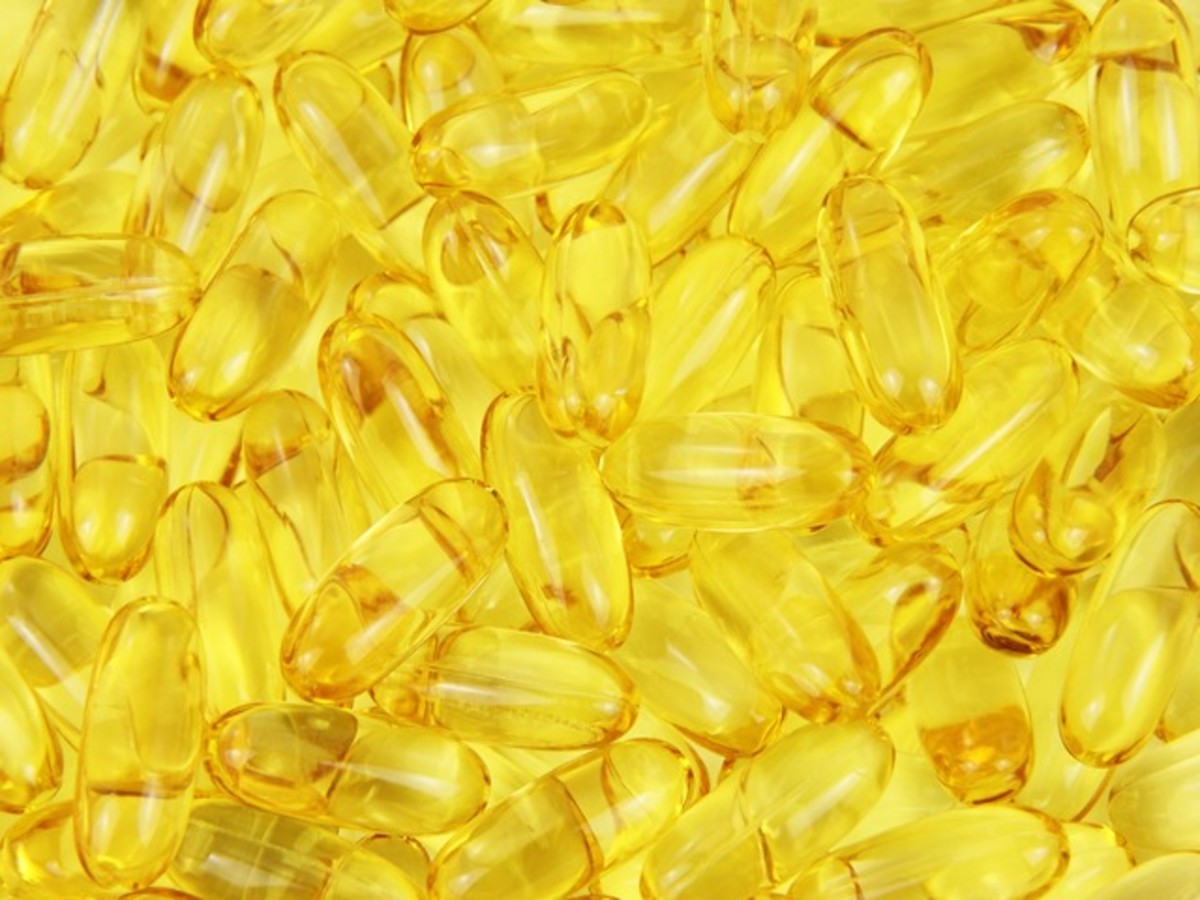Vitamin C : Supplements

Vitamin C : Ascorbic Acid
Vitamin C (ascorbic acid) is a very versatile nutrient. It is probably the most widely used nutritional supplement. It is necessary to make collagen (connective tissue of the body) and maintain mucous membranes. It is also an important antioxidant. Vitamin C supplements may help to reduce the severity and duration of colds.
Vitamin C :
-
Enhances the immune system.
-
Minimises the symptoms of colds, and shortens the duration of the illness.
-
Speeds up the healing of wounds and burns.
-
Promotes gum health.
-
Treats the symptoms of asthma.
-
Helps to prevent cataracts.
-
Protects against some forms of cancer and heart disease.
-
Assists with the symptoms of acne.
-
Strengthens blood capillary and blood vessel walls.
-
Promotes iron absorption.
-
Helps to prevent atherosclerosis.
-
Helps build teeth and bones.
But, be aware that, if you suffer from kidney stones, kidney disease or haemochromatosis (the tendency to store excess iron), you should limit your daily intake to 500mg. Vitamin C supplement intake might affect the testing for diabetes, colon cancer, and haemoglobin levels. In these cases you should let your doctor know that you are taking vitamin C as a supplement.

What is Vitamin C?
By 1742 lemon juice was known to prevent scurvy, a debilitating disease prevalent for those on long sea journeys. But it was not until 1928 that the beneficial component in lemon juice was identified as vitamin C. Its anti-scorbutic (anti-scurvy) effect is reiterated in its scientific name – ascorbic acid.
Nowadays it is its potential to protect cells that is of most interest. Vitamin C is the body's primary water-soluble antioxidant. In this role it helps to fight damage caused by unstable oxygen molecules known as free radicals. This is most beneficial in those parts of the body that are mostly water, such as cell interiors.

What does Vitamin C do?
Vitamin C acts throughout the body:
-
It helps to strengthen the blood capillaries and cell walls.
-
Crucial for the formation of collagen (connective tissue protein).
-
Prevents bruising.
-
Promotes healing.
-
Keeps ligaments, tendons and gums strong and healthy.
-
Aids the production of haemoglobin in red blood cells.
-
Helps the body to absorb iron from food.
As an antioxidant, vitamin C offers protection against:
-
Some cancers.
-
Heart disease.
-
Cataracts.
And it may even lengthen life itself.
In addition vitamin C:
-
Lessens the symptoms of colds.
-
Shortens the duration of colds.
-
Helps elderly patients to fight severe respiratory infections.
-
Is a natural antihistamine. High doses can block the effect of inflammatory substances produced in response to pollen, pet hair or other allergens.
-
Is an effective asthma remedy.
-
In type 1 diabetes, where vitamin C absorption is interfered with, 1000mg to 3000mg a day may prevent complications, such as eye problems and high cholesterol levels.
-
May prevent reblockage (restenosis) of arteries after angioplasty.
-
Helps to recycle other antioxidants.

How much Vitamin C do you need to take?
The recommended level of intake of vitamin C is 40mg a day for both men and women. However, if you are a smoker, this should be increased to 80mg a day. These levels seem to be on the conservative side according to some nutritionists who recommend at least 200mg a day. Higher doses are recommended for the treatment of specific diseases.
If you get too little vitamin C:
-
Loose teeth.
-
Bleeding gums.
-
Bruising.
-
Loss of appetite.
-
Dry skin.
-
Poor healing.
-
Joint pain.
-
Weakened bones that fracture easily.
-
Consuming less than 10mg a day (extreme deficiency) will cause scurvy and internal haemorrhaging.
-
Consuming less than 50mg a day is linked to a higher risk of heart attack, cataracts and a shorter life.
If you get too much vitamin C (more than 2000mg a day):
-
Can cause loose stools, diarrhoea, flatulence and bloating (can be corrected by reduction of your daily dosages).
-
Causes urinary tract irritation.
-
May interfere with the absorption of copper and selenium.
-
Iron builds up.
-
Causes bone loss.
-
May cause the development of kidney stones, if you are susceptible to this condition.

How to take vitamin C.
-
For general health, take 200mg a day through foods and supplements
-
For the treatment of various diseases, take up to 1000mg a day.
Large amounts of vitamin C are best absorbed in 200mg doses. This should be taken with meals throughout the day. Vitamin C works best when taken with other antioxidants, such as vitamin E.
It is not worth the extra cost of purchase of esterified vitamin C. There is no evidence that this is any more efficacious.

Other sources of Vitamin C.
Vitamin C is found in:
-
Citrus fruits and juices. A 225ml glass of freshly squeezed orange juice supplies over half (125mg) the daily target of vitamin C, for optimal health.
-
Melons
-
Strawberries
-
Kiwi fruits
-
Broccoli
-
Dark green leafy vegetables
-
Red peppers.
Vitamin C is found in many fruits and vegetables.
For those items that do not have an Amazon product picture associated with them just click on the picture of another to go to Amazon to browse for the item you require.
The items above are very good examples in each of the categories. There are, however, many more options available on Amazon and you can access them simply by clicking on any of the pictures above.












